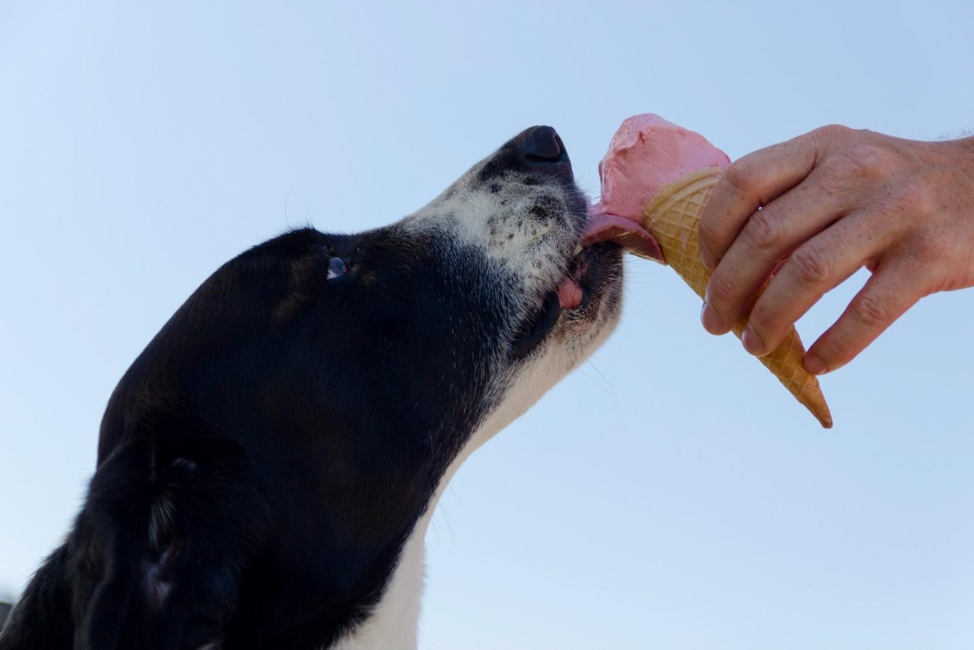10 Foods That Are Surprisingly Dangerous for Your Dog
10 Foods That Are Surprisingly Dangerous for Your Dog
Dogs love food, and they are highly motivated by it. In fact, one of the theories of how dogs became domesticated animals involves wolves venturing into hunter-gatherer camps as they searched for food. Although dogs enjoy and love food to the degree that even the biggest foodie can’t match, these canine companions were, unfortunately (fortunately, depending on how you look at it), not gifted with a keen sense of taste.
Dogs’ sense of taste is the least developed of their senses, and it’s partly why they’re not the best judges of what is safe or unsafe to eat (your shoes, for example). Hence, it is up to you, as their owner/parent/guardian, to keep them from eating things that they shouldn’t and to feed them high-quality, nutritious food and treats. You can start by knowing what foods are unhealthy and dangerous to your pooch.
Bones
Pictures, cartoons, movies, and TV shows always depict dogs gnawing on bones, but bones can be hazardous for them. Bones are hard, and they can splinter into sharp tiny pieces when broken. If your dog bites too hard on a bone, they can break or damage their teeth. They can also swallow broken pieces, which can block their digestive tract and cause internal injury.
If you give your dog a bone, watch over them, and take the bone away (without alarming them) when they start to bite on it too vigorously or start to splinter it. Avoid giving your dog cooked bones as these can easily break into pieces and be swallowed by them.
Corn
Dogs are descended from the carnivorous gray wolves. Although domesticated dogs now eat vegetables and other plant-based foods, their stomach can’t handle too much of these foods.
Corn happens to be one of those. If your dog eats corn, chances are it gets slightly chewed in their mouth, passes through their digestive system, and goes out when they poop, looking as it was when it entered their mouth.
That’s because corn does not digest well in dogs’ stomach. Eating a little of it may cause slight indigestion and discomfort, but if your dog overeats corn, they could throw up, lose their appetite, be unable to defecate, and feel pain and discomfort in their stomach or abdomen.
Avocado
Millennials have a love affair with dogs, but there’s one thing that the two can never enjoy together—avocadoes. Unfortunately, this superfood, which has taken millennials and toasts by storm, is on the list of foods toxic to dogs as well as birds, donkeys, goats, horses, rabbits, and sheep.
Avocados contain persin, a substance that’s toxic in high doses. Most dogs can easily metabolize persin, and they will need to eat tons of avocados for it to poison them. But persin isn’t the only concern why dogs and avocados aren’t compatible. Avocados come with a huge pit, which your dog can accidentally swallow and choke on, causing their death.
Alcohol
Alcohol is poison to dogs, plain and simple. It does the same to dogs as it does to a human’s brain and liver, except it takes very little to cause significant damage. If your dog ingests alcohol, even a small amount can cause vomiting, diarrhea, central nervous system depression, abnormal blood acidity, breathing difficulties, tremors, coma, and even death.
Fatty Meat
Among the different foods that dogs love to eat, meat reigns at the top. But not all kinds of meat are good for pooches, like fatty meat. Delicious, yes, but not exactly the healthiest. An example of this would be fatty meats, like bacon, ham, and meat trimmings.
Dogs need a balance of water, protein, carbs, fats, vitamins, and minerals for a healthy diet, but too much of everything can be harmful to them. In the case of fats, it can cause pancreatitis in dogs. Too much fat in their diets can also lead to obesity, arthritis, and diabetes.
Garlic and Onion
All forms of garlic and onion (e.g., raw, cooked, powdered, dehydrated, liquid seasoning, etc.) are dangerous to dogs. Garlic damages dogs’ red blood cells, leading to anemia. If your dog eats garlic, look out for symptoms of garlic poisoning, including lethargy, nausea, pale gums, excessive drooling, mouth irritation, and increased heart and respiratory rates.
Onions too are toxic to dogs. They contain a compound called disulfide, which also wreaks havoc on dogs’ and cats’ red blood cells, causing hemolytic anemia. If your dog consumes garlic or onion and you notice any of the signs mentioned above, take them to the vet immediately.
Grapes and Raisins
Grapes and raisins are perfectly all right for most people, but they can be fatal to dogs when consumed. Scientists have yet to discover what is in grapes and raisins that causes kidney failure, but one thing is for sure—there is no safe dose of grapes and raisins for dogs.
Chocolate, Cocoa Products, and Caffeine
Chocolate, cocoa products, and caffeinated food aren’t exactly the most nutritious food for people, but they are even worse for dogs. Dogs may be hardy and resilient, but they are more sensitive to what’s in that kind of food.
All three contain methylxanthines, which, according to ASPCA (American Society for Prevention of Cruelty to Animals), “can cause vomiting and diarrhea, panting, excessive thirst and urination, hyperactivity, abnormal heart rhythm, tremors, seizures, and even death” when consumed by pets.
Salty and Sugary Foods
Salt and sugar aren’t any better to dogs than they are to humans. Large doses of salt can lead to excessive thirst and urination or, worse, sodium ion poisoning. Dogs that overeat salty foods can experience stomachache, vomiting, diarrhea, depression, high body temperature, and seizures. In some cases, eating excessive amounts of salt-rich food can lead to death.
Eating too much sugar has the same effect on dogs as it has to humans. It can lead to obesity, dental problems, and diabetes. Some sweet treats, foods, and snacks also use xylitol, an artificial sweetener, as a sugar substitute, but xylitol is extremely toxic to dogs. Ingesting xylitol can cause lethargy, vomiting, and loss of coordination.
Worst-case scenario, it can lead to severe liver disease and blood-clotting problems in dogs. When it comes to xylitol, even a little is too much for your beloved pooch.
Milk, Ice Cream, and Other Dairy Products
Except for canine-specific milk products, other milk and dairy products are harmful to most, if not all, dogs. Some dogs are, in fact, lactose intolerant. When they drink or eat dairy products, like ice cream, cheese, and milk, they can get gassy and experience bloating, constipation, diarrhea, vomiting, or allergic reactions.
Avoid feeding your dog dairy products intended for humans; give them dairy treats that are made especially for dogs. Better yet, make your own at home, or sign up for a monthly dog subscription box of healthy goodies as a treat for your pooch.
The Bottom Line
Dogs are some of the best friends and companions people can have. They deserve to be treated with love and care. Part of it is making sure your dog eats a well-balanced diet and keeping them away from foods that are harmful to their canine constitution. No matter how much your dog pleads and gives you the powerful puppy-dog eyes, never ever give them any of the food listed above.
Photo URL: https://www.pexels.com/photo/dog-licking-ice-cream-978947/






